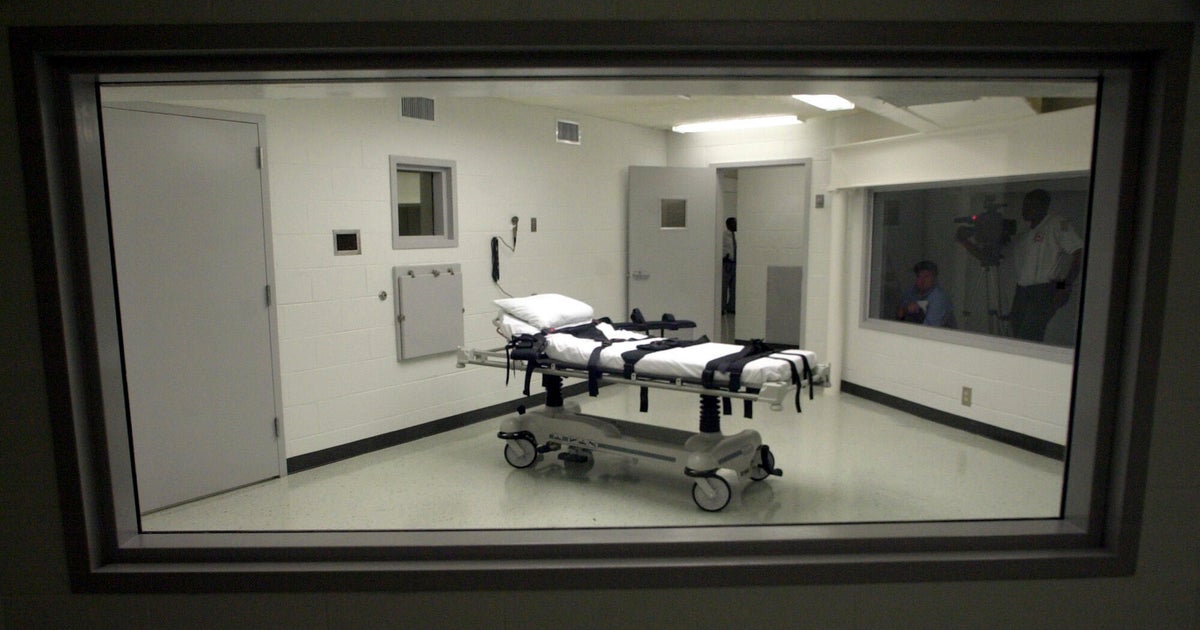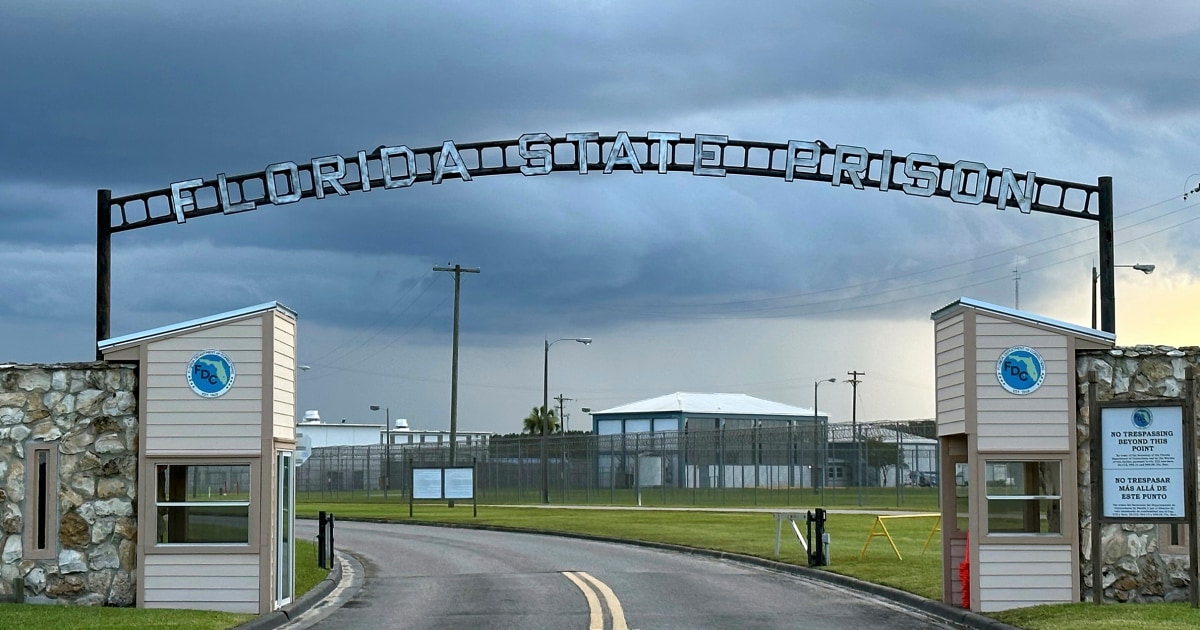“The options were do this and probably feel better, or don’t do this and die,” Jutton said.
He started the treatment in May, and in just a few weeks made a remarkable recovery. He went from needing a wheelchair to being able to walk again, play cornhole with his family, and even return to his job as a property assessor for the town of Alton, N.H.
Now, Jutton and his oncologist, Dr. Thomas Roberts of Massachusetts General Hospital in Boston, are hoping his experience can help advance treatment options for others struggling with the same rare form of cancer. Because of the risks involved, doctors are often cautious about using drugs off-label, but in some circumstances, such as treating a rare disease, their use can offer a meaningful benefit.
Jutton’s off-label treatment included significant risks: difficulty breathing, a sudden drop in blood pressure, and significant neurologic toxicity causing confusion and delirium, said Roberts. In some patients, the effects of the treatment are severe enough that they end up at the hospital’s intensive care unit. Another doctor knew of a patient who had died from the treatment.
Off-label treatments should be pursued with caution, said Dr. Sarimar Agosto Salgado, an oncologic endocrinologist at Moffitt Cancer Center in Tampa, Fla. Typically, she said, they should only be pursued in academic medical centers that can bring together experts from a variety of relevant fields.
But for many people with rare diseases and limited treatments, a high-risk option can seem worth taking.
“When treating this type of cancer, there’s really not much for patients and prognoses are very poor,” said Roberts.

When he met Jutton in April, Roberts thought of a drug, tarlatamab, that was approved just last year to treat lung cancer. There was scant evidence of its effectiveness treating thyroid cancer, but Roberts thought it might work because of how it binds to a specific kind of protein present in both thyroid cancer and lung cancer. Working with colleagues in other departments, he had tried it off-label with a few of his patients to treat thyroid cancer and had good initial results.
But there were issues with the drug’s toxicity. The adverse effect in one patient led to death, according to Dr. Mimi Hu, professor and deputy department chair of Clinical Affairs and the Department of Endocrine Neoplasia and Hormonal Disorders at the University of Texas MD Anderson Cancer Center. Hu reviewed Roberts’s preliminary findings, which he plans to present at a meeting of the American Thyroid Association in September. Hu said the off-label treatment is promising and worthy of further study.
“Our patients deserve us coming to the table and further evaluating this possibility,” she said.
Roberts said he discussed using tarlatamab with Jutton. He told him that there were no established treatments for his stage of thyroid cancer and explained the risks.
“There are a few sort of possibilities, kind of based on a tiny bit of data and a hunch,” he said.
For Jutton, that was enough to move forward.
“We’re so on the cutting edge of what’s going on with medical science that there’s literally no data to rely on,” Jutton said. “They’re kind of using me as a guinea pig to learn how this stuff is working.”
Cancer had stolen Jutton’s life. Once a bass player in a heavy metal band, Jutton started feeling extreme fatigue in January 2024. By May 2024 he was diagnosed with medullary thyroid cancer, an extremely rare form of thyroid cancer with only about 1,000 diagnoses a year in the US.
He began conventional treatment in New Hampshire in June 2024, taking an FDA-approved medication, called selpercatinib, that stops cancer from growing by blocking certain proteins. But by December, the cancer was growing quickly again, and Jutton was getting weaker.
“It was basically like him just laying in a hospital bed waiting to die,” said his wife, Corrine Jutton.
Jutton was referred to Massachusetts General Hospital for treatment. There, he met Roberts, who gave him the option of trying an experimental treatment.
Roberts said when treating a rare cancer, he tries to figure out if it would be possible to repurpose a treatment from a more common cancer, focusing on biology. He thought of tarlatamab for Jutton because it binds to a protein called DLL3 — a protein that is present on both lung cancer cells and thyroid cancer cells.
The treatment is a type of immunotherapy. Y-shaped antibodies bind to the DLL3 protein in the cancer with one “arm” and to a T cell with the other, allowing the T cells to do what they’re supposed to do: kill the cancer cells, Roberts said.
“It seemed like an encouraging therapeutic option in patients that were out of options,” he said.

After discussing the risks, Jutton said he wanted to try it. His wife agreed that moving forward with the experimental drug was the right thing to do.
By the second treatment, Jutton and his wife said, they noticed a dramatic and sudden improvement in Jutton’s condition: The brutal pain that had dogged him through his illness had disappeared. He no longer needed the opioids he had previously taken several times a day, his wife said.
“From that moment on, he had no more pain, whereas the last year and a half has been a build up of worsening pain,” Corrine Jutton said.
He started to regain energy, and now he’s able to once again do activities from the mundane, like mowing the lawn, to the momentous, such as attending his daughter’s high school graduation — a special moment he thought he might not see.
“It’s miraculous, as far as I’m concerned,” he said.
Jutton has been able to access the treatment at no cost to his family under a financial assistance program, said Roberts.
Other doctors who treat medullary thyroid cancer said the tarlatamab treatment has promise, but urged further study to understand and limit the potentially severe side effects.
Hu said Roberts’s results raise questions of whether thyroid patients might need a different dose of tarlatamab than lung cancer patients. She said a study could be designed to expand access to the treatment, and also investigate how patients might respond to it if it’s administered earlier.
Salgado called the innovative approach to advanced thyroid cancer “promising.”
Still, she said, more study and data areneeded about the drug’s potential toxicity. Until then, Salgado said she would not recommend the treatment to the general medical community.
“I am encouraged of how we can bring promising therapies to patients through collaboration between expert teams, patients, and industry to continue moving forward the field,” she said.
Jutton does not know how much longer he’ll survive his cancer. He said he plans to keep taking the treatment as long as he can, whether that’s for another 30 years or another two weeks.
He hopes his experience can be used to help others.
“If this crappy experience can make anything better for anyone coming behind me, then there’s a silver lining in it, as far as I’m concerned,” said Jutton.
Amanda Gokee can be reached at amanda.gokee@globe.com. Follow her @amanda_gokee.

